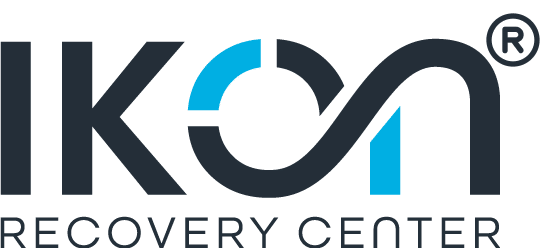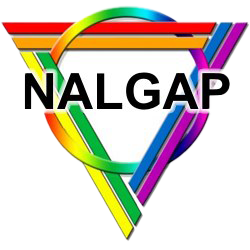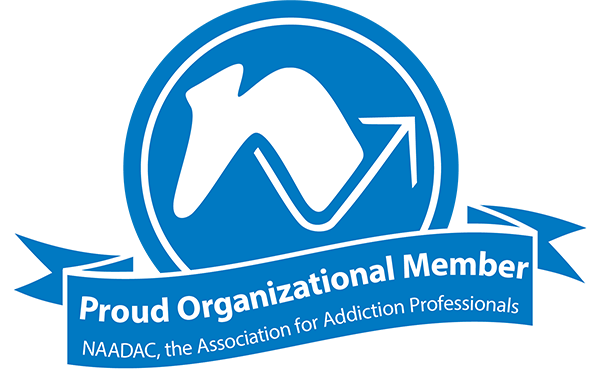Navigating the recovery process for addiction can require an approach that goes far beyond the conventional. Music therapy for addiction at Ikon provides you with a platform for exploration, expression, and creative healing, offering a distinct space for rejuvenation in a tranquil, restorative setting in the heart of New Jersey.
Music Therapy
For Addiction
Find Your Recovery Rhythm with Music Therapy For Addiction at Ikon
Discover The Magic Of Music Therapy
For Mental Health and Addiction Issues
What Is Music Therapy For Addiction?
Music therapy is a form of expressive therapy that utilizes the power of music to address physical, emotional, cognitive, and social needs.[1] Trained music therapists utilize various musical activities, such as listening, singing, playing instruments, and composing, to help you achieve your therapeutic goals. [2]
This creative treatment modality is typically run by a trained mental health professional and can be applied in several settings, from individual to group meetings. Music therapy sessions normally last around 50 to 60 minutes in length and can be adapted to suit your individual treatment goals.
Ikon Recovery Center offers music therapy and several other evidence-based and creative treatment modalities to best serve your recovery journey. No two people are exactly alike, which means no two treatment plans should be, either—and Ikon is committed to pairing cutting-edge treatments with an unmatched dedication and scenic setting to restore your hope and give you the tools you need to succeed.
How (and Why) Music Therapy For Addiction Works
Music therapy for addiction taps into the transformative realm of creative expression, providing individuals with a unique avenue to explore and communicate complex emotions.[3] In this therapeutic approach, music serves as a medium for conveying feelings that may be challenging to otherwise express verbally. Crafting and listening to music becomes a secure outlet, offering individuals the space to liberate built-up emotions, stress, and trauma.
Furthermore, music therapy prompts self-exploration, encouraging individuals to reflect on their thoughts, behaviors, and underlying issues contributing to addiction.[4] Immersing oneself in music fosters present-moment awareness, redirecting focus from cravings and negative thoughts linked to addiction.
Empowerment is a key aspect of music therapy for substance use as well, as it instills a sense of control over the creative process. This newfound autonomy translates into greater control over one’s life, contributing positively to the recovery journey.[5] The process of creating music involves problem-solving and decision-making, building coping skills that can be applied to real-life situations.
Beyond individual benefits, music therapy fosters a sense of community and connection, both of which are vitally important to the recovery process. It alleviates feelings of isolation, fortifying a sense of belonging — a crucial element in the recovery process.[6] Engaging in musical activities not only counteracts negative emotions associated with addiction but also promotes a more positive and fulfilling life perspective.
Your recovery deserves customized treatment that’s as unique as you are. Ikon specializes in holistic, mind/body/soul solutions for addiction, substance use, and mental health issues, setting the stage for transformative change and living the life you were always meant to live. Music therapy, along with our other treatment offerings, is an integral part of our innovative and caring approach.
The Efficacy of Music Therapy For Addiction
Music therapy has been shown to be effective in several respects for assisting individuals struggling with addiction and substance use, including the overall reduction of cravings, improving emotional regulation, and lessening depression and anxiety.[7] Studies have also validated its ability to promote brain activity, particularly when combined with additional treatment interventions. [8]
Music therapy can also be a powerful tool and adjunct treatment for co-occurring mood and anxiety disorders, with the National Institutes of Health summarizing that music-based interventions have shown promise in alleviating symptoms of several mental health disorders.[9]
Music Therapy For Addiction at Ikon
At Ikon Recovery Center, we invite you to discover the transformative potential of music therapy in your journey toward overcoming addiction. Rooted in our holistic approach, our music therapy program is an integral part of creating a customized recovery experience tailored specifically to you. We believe in the therapeutic power of music to inspire lasting change, and we’re in harmony with all your recovery needs.
Treating Addiction
Frequently Asked Questions about Music Therapy For Addiction
Who can benefit from music therapy for addiction?
Individuals at various stages of addiction recovery, regardless of musical background, can benefit from engagement in music therapy. It is inclusive and adaptable to different preferences and needs and can serve as a powerful tool and add-on to many different treatment plans.
What activities are involved in music therapy sessions?
Music therapy sessions may involve playing instruments, singing, songwriting, listening to music, and other creative activities. The specific activities can be tailored to individual preferences and therapeutic goals.
What role do music therapists play in the sessions?
Trained music therapists guide the sessions, creating a safe and supportive environment. They help individuals explore emotions, set goals, and use music as a tool for self-discovery and healing.
Are there specific genres of music used in therapy, or can individuals choose their preferred music?
Music therapy is highly individualized, allowing participants to choose music that resonates with them. Therapists may also introduce a variety of genres based on therapeutic goals, but personal preferences are also considered as well.
How can music therapy address cravings and triggers associated with addiction?
Engaging in music therapy fosters present-moment awareness, distracting individuals from cravings and negative thoughts while fostering open communication and healthy coping skills. The creative process provides a healthy outlet, helping individuals navigate challenges associated with substance use and addictive behaviors.
Sources
[1] American Music Therapy Association. (2005). What is Music Therapy | What is Music Therapy? | American Music Therapy Association (AMTA). Musictherapy.org. Retrieved from https://www.musictherapy.org/about/musictherapy/ on November 15th, 2023
[2] Murray, M. (2022, June 29). Music Therapy: More Than Just Entertainment | NAMI: National Alliance on Mental Illness. Www.nami.org. Retrieved from https://www.nami.org/Blogs/NAMI-Blog/June-2022/Music-Therapy-More-Than-Just-Entertainment on November 15th, 2023
[3] Novotney, A. (2013, November). Music as medicine. Https://Www.apa.org, 46. Retrieved from https://www.apa.org/monitor/2013/11/music on November 15th, 2023
[4] Li, K., Weng, L., & Wang, X. (2021). The State of Music Therapy Studies in the Past 20 Years: A Bibliometric Analysis. Frontiers in Psychology, 12. Retrieved from https://doi.org/10.3389/fpsyg.2021.697726 on November 15th, 2023
[5] Kubicek, L. (2022, July 25). Can music improve our health and quality of life? Harvard Health. Retrieved from https://www.health.harvard.edu/blog/can-music-improve-our-health-and-quality-of-life-202207252786 on November 15th, 2023
[6] Music Therapy and Addiction Treatment. (n.d.). Retrieved from https://www.musictherapy.org/assets/1/7/FactSheet_Music_Therapy_and_Addiction_Treatment_2021.pdf on November 15th, 2023
[7] Jörg Fachner, Clemens Maidhof, Murtagh, D., Devon De Silva, Filippo Pasqualitto, Fernie, P., Panin, F., Michell, A., Muller-Rodriguez, L., & Odell-Miller, H. (2023). Music therapy, neural processing, and craving reduction: an RCT protocol for a mixed methods feasibility study in a Community Substance Misuse Treatment Service. 18(1). Retrieved from https://doi.org/10.1186/s13722-023-00385-y on November 15th, 2023
[8] Raglio, A. (2015). Effects of music and music therapy on mood in neurological patients. World Journal of Psychiatry, 5(1), 68. Retrieved from https://doi.org/10.5498/wjp.v5.i1.68 on November 15th, 2023
[9] Music and Health: What the Science Says. (n.d.). NCCIH. Retrieved from https://www.nccih.nih.gov/health/providers/digest/music-and-health-science on November 15th, 2023
